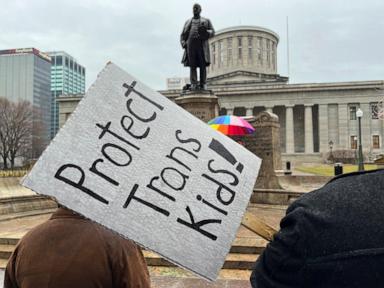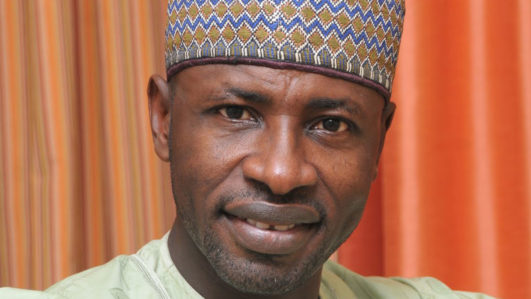
Rachel Laser The religious beliefs of Kamala Harris, Donald Trump and other candidates up and down the ballot this election should prompt some important questions: Voters shouldn't take these questions lightly, given the many unfortunate examples of public officials attempting to enshrine their religious beliefs into law. Carrie Sheffield: Donald Trump will defend religious liberty, expression Take Missouri, for example, where the group I lead -- Americans United for Separation of Church and State -- and the National Women’s Law Center are suing to block a total abortion ban as a violation of church-state separation. Missouri legislators wrote into the law banning abortion that, “Almighty God is the author of life.
” Lawmakers spoke repeatedly about their personal religious beliefs as they debated the bill. The plaintiffs include 13 Christian, Jewish and Unitarian Universalist faith leaders. They have made clear that Missourians have diverse religious beliefs that inform diverse views about abortion.
The same is true across the country. In a nation that promises religious freedom, everyone must be free to make decisions about their own bodies based on their beliefs. Abortion bans such as Missouri’s violate that promise.
In February, Alabama Supreme Court justices inserted theological beliefs about the origin of life in a decision that imperiled the ability of Alabamians to have children through in vitro fertilization. The chief justice’s opinion went even further by repeatedly referencing God and the chief justice's religious beliefs. He even quoted from the Bible to justify his decision.
These justifications have no place in court decisions. Lawmakers nationwide are attempting to insert their Christian nationalist views into our public schools. They falsely claim that America was founded for white Christians and that our laws must continue to secure their privilege.
This includes: These efforts undermine the right of families to decide if, when and how children engage with religion. Students who are religious or racial minorities, nonreligious, LGBTQ+ or belong to other marginalized communities are especially harmed by these Christian nationalist efforts. But Christians who do not subscribe to the government-favored version of Christianity are harmed, too.
In fact, all of our cases above feature plaintiffs who are Christian clergy and who do not want the government to misuse or misrepresent their faith. They care deeply about their neighbors’ religious freedom. Separating church and state is a powerful antidote to this scourge of religious extremism.
Church-state separation prevents Christian nationalists from imposing their narrow beliefs on the rest of us. It protects everyone’s freedom to live as themselves and believe as they choose. Church-state separation is more critical with our country’s increasing religious diversity.
Also, those who indicate they don't have a religion now represent nearly a third of the population. It’s not the religion of our elected officials that matters. What matters is that they uphold our country’s and every state’s promise of religious freedom.
They must protect everyone’s right to believe as they choose, so long as they don’t harm others. The religious extremists holding or seeking public office have neither the majority of Americans nor core American values on their side. Our nation must recommit to the separate of church and state.
We must join together across our differences and insist that our elected officials uphold this foundational principle that protects all of us. Our freedoms, equality and democracy depend on it. Laser is the president and CEO of Americans United for Separation of Church and State.
She wrote this for InsideSources.com . Get opinion pieces, letters and editorials sent directly to your inbox weekly!.













